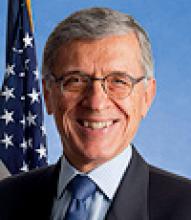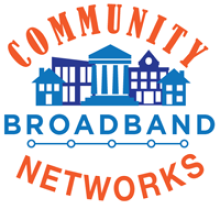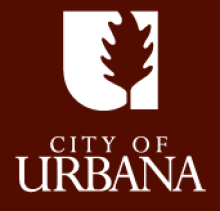FCC's Wheeler Forging Ahead As Support Grows to Restore Local Decision-Making
In a June 10 Official FCC Blog post, Chairman Tom Wheeler's words show continued resolve to restore local decision-making to communities that want to evaluate their own investments and partnerships. This is the latest in a series of public statements indicating the agency is ready to assert authority and remove barriers to community networks.
Wheeler writes:
If the people, acting through their elected local governments, want to pursue competitive community broadband, they shouldn’t be stopped by state laws promoted by cable and telephone companies that don’t want that competition.
I believe that it is in the best interests of consumers and competition that the FCC exercises its power to preempt state laws that ban or restrict competition from community broadband. Given the opportunity, we will do so.
In April, Wheeler raised a few lobbyist eyebrows in a speech on the role of municipal networks at the Cable Show Industry conference in Los Angeles. In this latest post, he notes that Chattanooga's network transformed it from "a city famous for its choo-choos," into the "Gig City." The network spurs economic development, improves access, and inspires innovation, notes our FCC Chairman.
The National Journal also takes note of the FCC blog post. Its article points out that Wheeler criticizes Tennessee's state law restricting Chattanooga's ability to expand. Even though nearby communities want service from EPB, the City is forbidden from serving them. Not acceptable, says Wheeler.
While the National Journal suggests Tennessee may be the first state to face FCC authority to eliminate state barriers, policy experts have no expectations yet. From the article:
Harold Feld, the senior vice president of consumer advocacy group Public Knowledge, said Wheeler will probably not launch a broad initiative to attack state laws around the country. Instead, the FCC chief will probably wait for groups or individuals to file complaints about specific state laws, Feld predicted.









